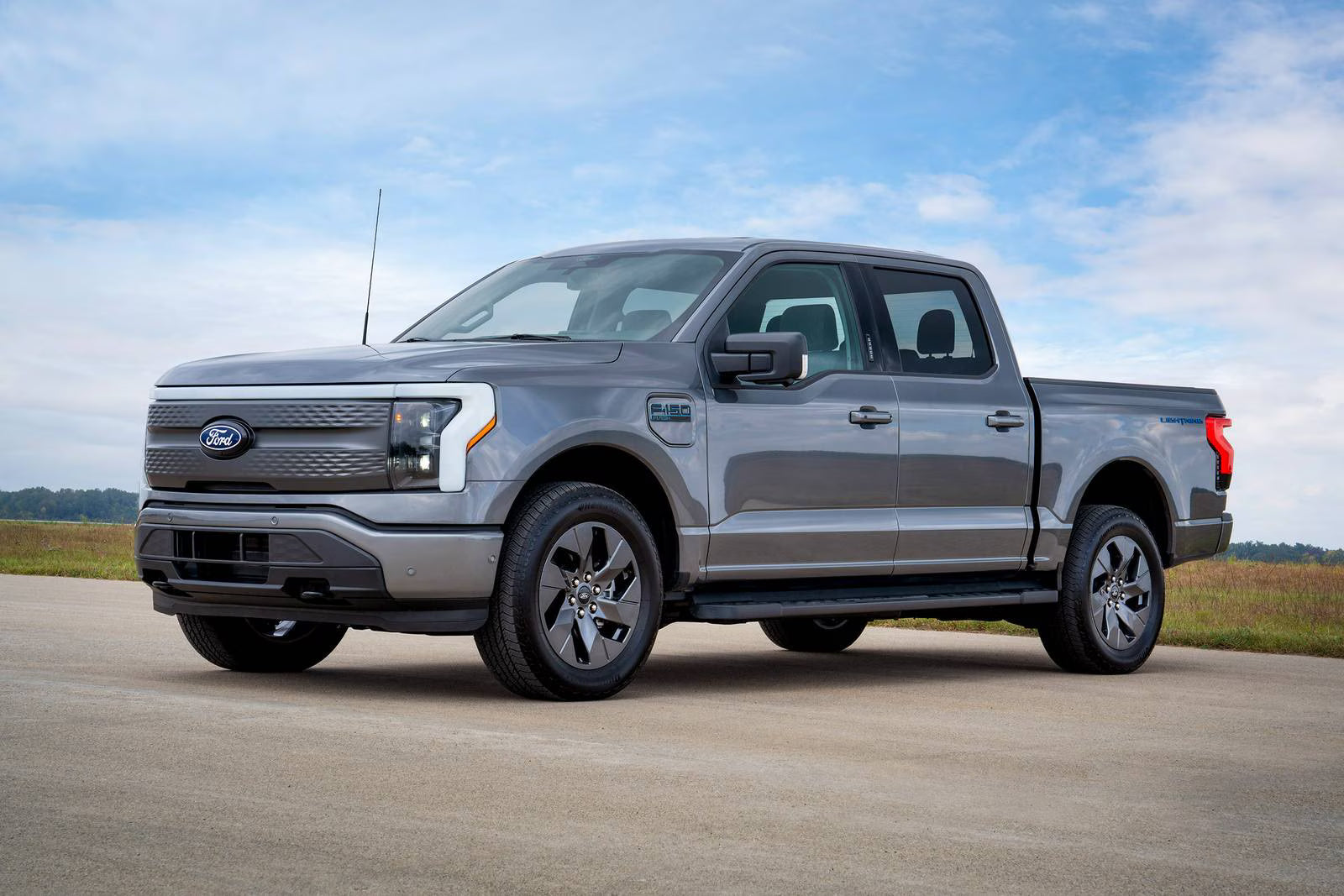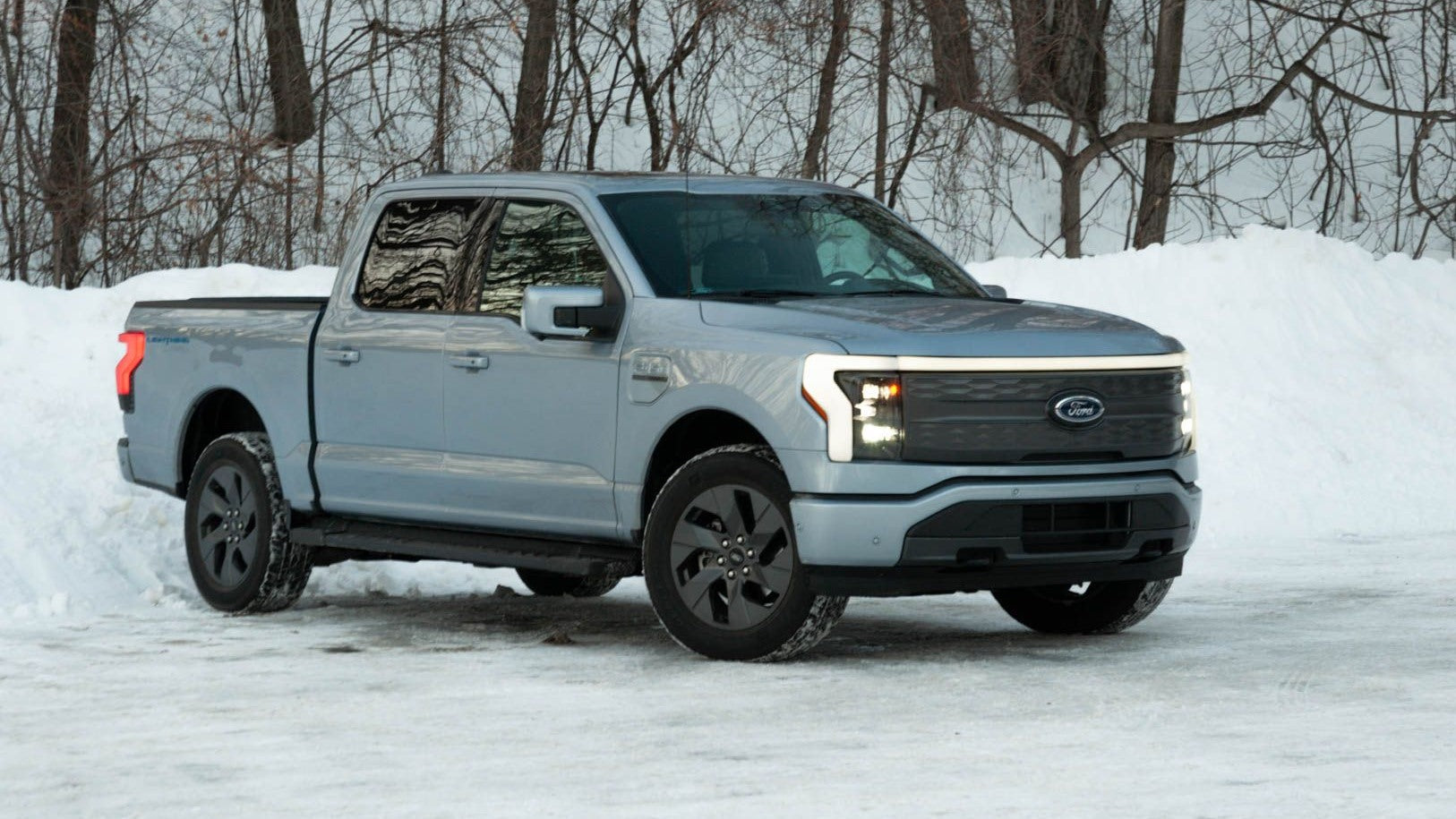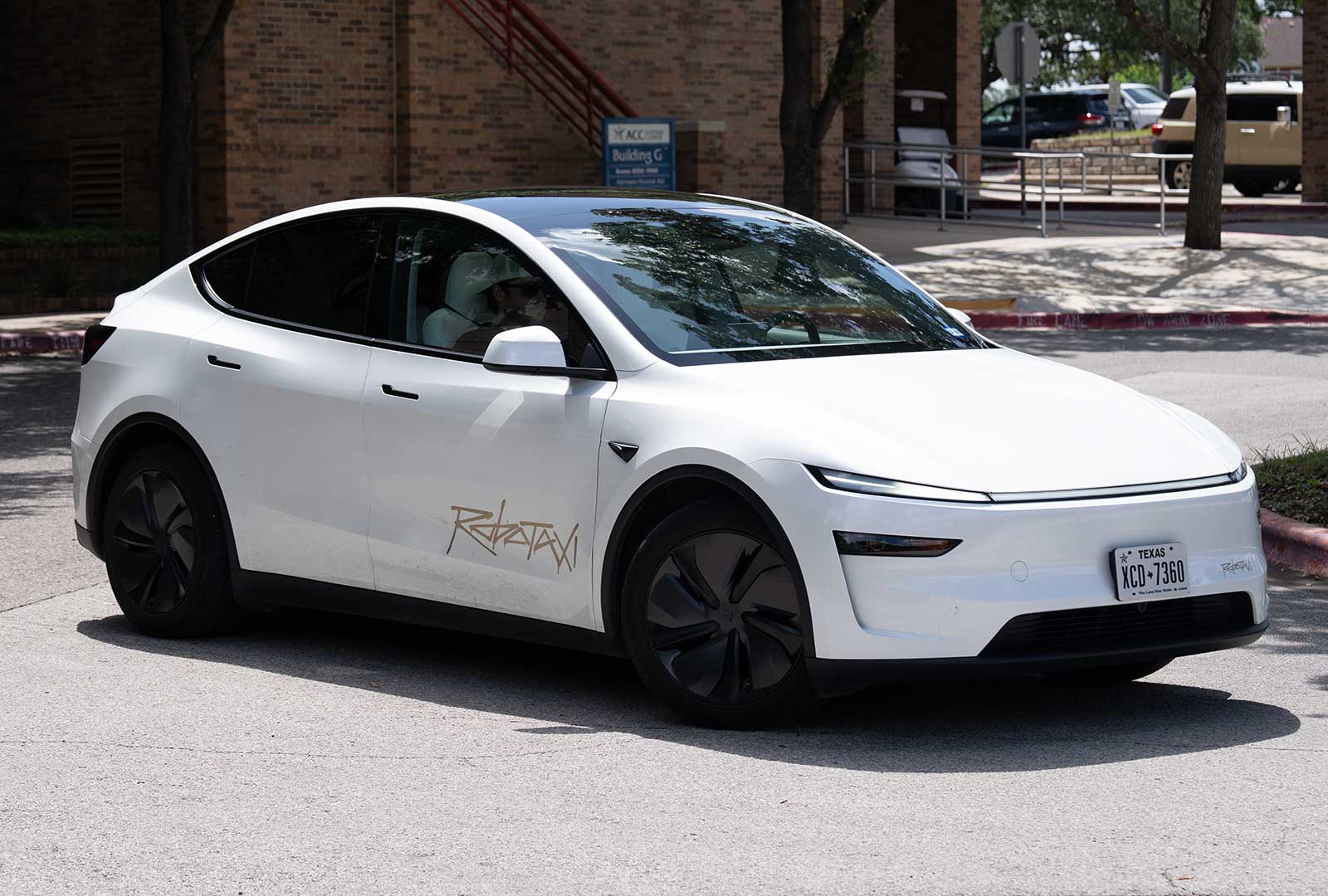Eine bemerkenswerte Entwicklung, die das Netz der Unternehmungen von Elon Musk noch weiter verwickeln könnte , ist die Abhaltung einer Aktionärsabstimmung bei Tesla Inc. (NASDAQ: TSLA) darüber, ob der Hersteller von Elektrofahrzeugen (EV) in Musks Start-up für künstliche Intelligenz, xAI, investieren soll .
Die Ankündigung wurde von Musk selbst auf X (ehemals Twitter) gemacht, wo er erklärte:
„Es liegt nicht an mir. Wenn es nach mir ginge, hätte Tesla schon längst in xAI investiert … Wir werden die Aktionäre darüber abstimmen lassen.“
Kurz zuvor hatte das Wall Street Journal berichtet, dass SpaceX – Musks Weltraumforschungsunternehmen – zwei Milliarden Dollar einer kürzlichen Finanzierungsrunde von fünf Milliarden Dollar für xAI bereitgestellt habe. Die Finanzierung bestätigt, dass xAI zu einem zentralen Bestandteil von Musks umfassender KI- und Robotik-Vision wird – einer Vision, die mittlerweile mehrere private und öffentliche Unternehmen umfasst.
xAI und seine schnelle Integration in Musks Ökosystem
xAI wurde 2023 gegründet und hat im KI-Wettrüsten schnell an Boden gewonnen. Sein Hauptprodukt, Grok AI , wird bereits in mehrere von Musk unterstützte Projekte integriert:
-
X (früher Twitter): Grok ist die Grundlage für die Premium-KI-Funktionen der Social-Media-Plattform.
-
Starlink (SpaceX): Kundensupport und Betriebsfunktionen werden jetzt teilweise durch Groks LLM unterstützt.
-
Tesla-Fahrzeuge und Optimus-Roboter: Berichten zufolge wird Grok AI derzeit auf die Integration ins Auto und die Robotersteuerung getestet. Dies lässt Spekulationen aufkommen, dass Teslas zukünftige Updates für das vollautonome Fahren (FSD) stark auf xAI-Technologie basieren könnten.
Wenn die Aktionäre der Investition zustimmen, könnten die zukünftigen Produkte von Tesla – von autonomen Fahrzeugen bis hin zu humanoiden Robotern – maßgeblich von einem Unternehmen beeinflusst werden, das ursprünglich nicht zu seiner Unternehmensstruktur gehörte.

Bedenken der Aktionäre: Interessenkonflikt und geteilte Aufmerksamkeit
Der Vorschlag hat bereits eine Reihe von Reaktionen bei institutionellen Investoren und Privataktionären ausgelöst. Viele äußern sich skeptisch über die zunehmende Überschneidung zwischen Musks persönlichen Projekten und Teslas strategischer Ausrichtung.
Zu den wichtigsten Anliegen gehören:
-
Corporate Governance und Unabhängigkeit
Kritiker argumentieren, dass Teslas Investition in ein privates Unternehmen von Musk Bedenken hinsichtlich Interessenkonflikten aufwirft. xAI befindet sich derzeit in Privatbesitz, und einer Investition mangelt es an Transparenz und unabhängiger Aufsicht. -
Führungsfokus
Musks starkes Engagement in Unternehmen wie SpaceX, X, Neuralink und nun auch in einer angeblichen politischen Partei hat bei vielen Investoren die Frage aufgeworfen, ob er noch immer ein voll engagierter Tesla-CEO sein kann. -
Markenrisiko
Teslas Ruf hat gelitten, da Musks politische Positionen – darunter auch seine jüngsten umstrittenen Werbekampagnen – zu heftigen Reaktionen führten. Einige Verbraucher boykottierten die Marke. In Europa und Teilen der USA sind die Tesla-Verkäufe deutlich zurückgegangen, insbesondere in liberalen Bundesstaaten und Ländern.

Der finanzielle Kontext: Teslas schwierige Phase
Tesla befindet sich in einer schwierigen finanziellen Phase. Nach Jahren des explosiven Wachstums steht das Unternehmen nun vor folgenden Problemen:
-
Sinkende Elektrofahrzeugverkäufe in wichtigen globalen Märkten wie Deutschland, Frankreich und Kalifornien
-
Preissenkungen zur Aufrechterhaltung der Nachfrage , die die Margen unter Druck gesetzt haben
-
Verstärkte Konkurrenz durch BYD , Hyundai-Kia und etablierte Automobilhersteller mit wettbewerbsfähigen Elektromodellen
Parallel dazu hat Tesla aggressive Finanzierungs- und Leasingangebote eingeführt – ein Hinweis auf eine nachlassende Nachfrage und den Versuch, Lagerbestände abzubauen. Analysten weisen darauf hin, dass Kapital, das in nicht zum Kerngeschäft gehörende Vermögenswerte wie xAI umgeleitet wird, besser für die Beschleunigung der Entwicklung des Model 2 oder den Ausbau der globalen Ladeinfrastruktur eingesetzt werden könnte.
Ein Präzedenzfall für technische Synergie oder eine riskante Ablenkung?
Aus strategischer Sicht könnte eine Investition in xAI Teslas Umstellung auf ein autonomes KI-orientiertes Unternehmen beschleunigen – durch die Nutzung von Grok AI zur Verbesserung des FSD- , Optimus-Roboter- und Tesla Bot-Betriebs.
Einige Investoren befürchten jedoch, dass Tesla zu einem Finanzierungsinstrument für Elon Musks private Projekte werden könnte , während das Kerngeschäft mit Elektrofahrzeugen stagniert. Diese Bedenken spiegeln die früheren Befürchtungen wider, als Tesla SolarCity übernahm, ein weiteres mit Musk verbundenes Unternehmen, das letztlich unterdurchschnittlich abschnitt.
Was kommt als Nächstes?
Elon Musk hat weder die geplante Höhe der Tesla-Investition in xAI bekannt gegeben, noch hat Tesla zum Zeitpunkt der Erstellung dieses Artikels irgendwelche öffentlichen Unterlagen bezüglich der Aktionärsabstimmung bei der SEC eingereicht.
Investoren gehen jedoch davon aus, dass das Thema auf die Tagesordnung der nächsten Aktionärsversammlung – möglicherweise im Herbst – gesetzt oder in einer Sonderabstimmung behandelt wird. Musks Einfluss auf Privatanleger bleibt zwar beträchtlich, doch angesichts der zunehmenden institutionellen Kontrolle ist der Ausgang der Abstimmung möglicherweise nicht garantiert.

Abschließende Gedanken
Teslas potenzielle Investition in xAI wirft eine umfassendere Frage auf: Ist Tesla noch ein Autohersteller oder entwickelt es sich zu einem von Musk geführten KI-Konglomerat?
Die Aktionäre stehen nun vor einer Entscheidung, die die zukünftige Entwicklung des Unternehmens prägen könnte – entweder als Pionier vertikal integrierter Technologien für saubere Energie und künstliche Intelligenz oder als Marke, die durch das expandierende Imperium eines einzelnen Mannes verwässert wird.
Während sich Tesla auf die bevorstehende Abstimmung vorbereitet, ist eines klar: Die Grenzen zwischen Musks Unternehmen verschwimmen. Und die Investoren werden bald entscheiden, ob das eine Stärke oder eine Belastung ist.
Empfohlene Lektüre: Warum die Abstimmung der Tesla-Aktionäre über die xAI-Investition eine Entwicklung ist, die man unbedingt beobachten sollte








Aktie:
Handeln Sie jetzt, bevor die 7.500-Dollar-Steuergutschrift für Elektrofahrzeuge wegfällt: Was Autofahrer vor dem 30. September 2025 wissen müssen
Tesla-Autopilot steht im bahnbrechenden Prozess wegen tödlichen Unfalls unter Beobachtung